U.S. retailers are creating contingency plans to deal with the prospect of President-elect Donald Trump's proposed tariffs as he heads back to the White House.
Trump floated levies of 60 percent on imported goods from China and 20 percent on all imported goods into the United States while he was a candidate. He may also enact a 100 percent tariff on nations that don't use the U.S. dollar and 2000 percent on cars built in Mexico.
"Tariffs are the greatest thing ever invented,'' Trump said in September in Flint, Michigan.
Tariffs, which work as a sales tax on products produced outside of the boundaries of the countries that import those goods, could impact most U.S. industries.
Under Trump's plan, Americans could lose between $46 billion to $78 billion in spending power per year on products like clothing, toys, furniture, appliances and travel goods, the National Retail Federation said. A $50 pair of sneakers could cost $59 to $64 under the levy.
Trump has said that China will pay for the tariffs, not U.S. businesses or consumers.
But the companies that face the duties are busy deciding whether they will have to source products from outside of China or raise their prices. One company says it will do the latter.
"If we get tariffs, we will pass those tariff costs back to the consumer," Philip Daniele, CEO of AutoZone, an auto parts chain, said on a September earnings call.
"We'll generally raise prices ahead of we know what the tariffs will be; we generally raise prices ahead of that," Daniele said.
Tiffany Smith, vice-president of global trade policy for the National Foreign Trade Council (NFTC) in Washington DC, told China Daily: "New and expanded tariffs will harm working families."
The new duties also could mean "a household with median income is projected to pay $1,700 more each year in import taxes," Mary Lovely, professor emeritus of economics at the Maxwell School of Citizenship and Public Affairs of Syracuse University and senior fellow of the Peterson Institute for International Economics in Washington, told China Daily.
Trump said his policy will move manufacturing back to the U.S., creating more jobs, but not all companies say they can afford U.S. facilities.
It is "unlikely that we're moving a lot back to the U.S. because it's just not cost effective to do," Donald Allan Jr, president and CEO of Stanley Black &Decker, said on a recent earnings call.
In the spring, the toolmaker, with revenue of $16 billion, forged a plan to deal with any levy, admitting that any "price increases associated with tariffs [would be] put into the market".
Helen of Troy, parent company of Osprey and Hydro Flask, will seek new markets outside of China to avoid tariffs.
Zichun Huang, a China economist at Capital Economics, a research business in London, wrote in a recent note that "Trump's return could create a short-term boost to Chinese exports as U.S. importers increase their purchases to get ahead of the tariffs."
China-based e-commerce companies and others accounted for 20 percent of net new warehouse-leasing across the U.S. in 2024, according to Prologis, the world's largest industrial real estate operator.
In Trump's first term in office, tariffs on more than $300 billion of Chinese-made goods opened a trade war, and the U.S. was hit with retaliatory tariffs.
President Joe Biden maintained those original tariffs and increased levies on $18 billion of Chinese imports in September.
Steve Lamar, CEO of the American Apparel &Footwear Association, said in a statement: "Tariff policy under the new Administration will indeed be a challenge and will trigger new inflationary cycles if campaign proposals are fully enacted, making it more expensive for Americans to get dressed every day."
Trump's advisers recently met with Republican Jason Smith of Missouri, chair of the U.S. House Ways and Means Committee, to discuss how a tax package could be partially paid for by tariffs, according to Politico.
In the early days of the U.S., tariffs were widely used to raise revenue for the government. However, since the 1950s, tariffs have accounted for 2 percent of total federal revenue, according to the Congressional Revenue Service.
"As trade barriers, [tariffs] can also cause domestic industries to become less competitive and lead other countries to retaliate," Thomas Fullerton, an American economist and economics professor at the University of Texas at El Paso, told China Daily. "When that happened during the 1930s, it caused the Great Recession to deepen and become more protracted."








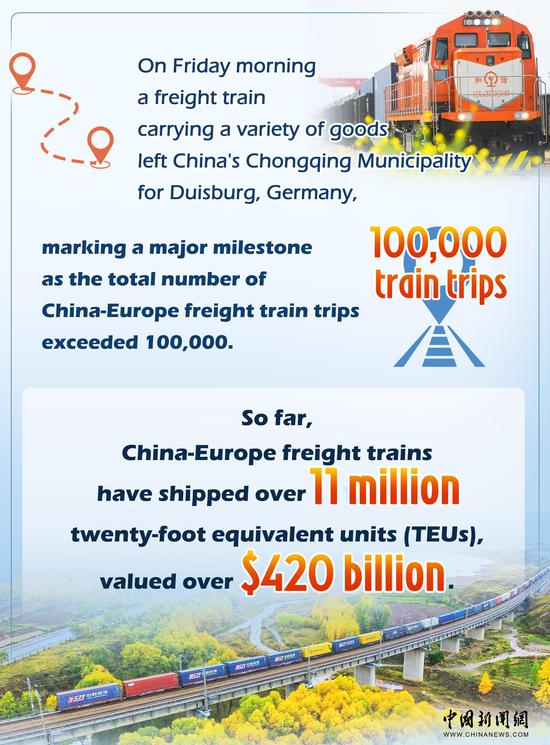
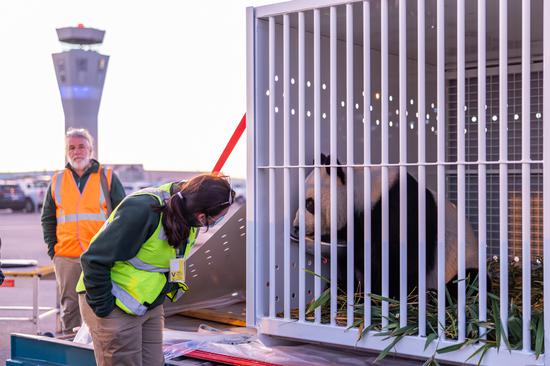
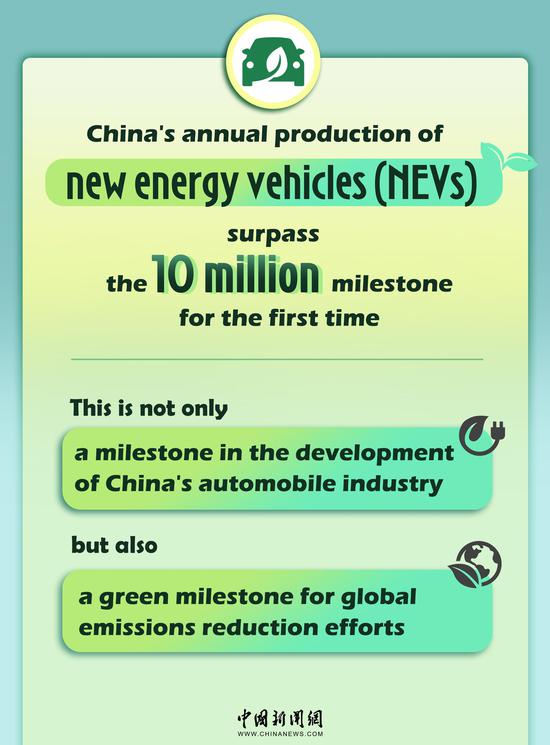

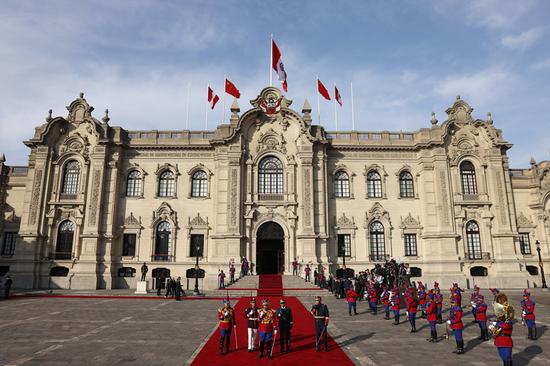


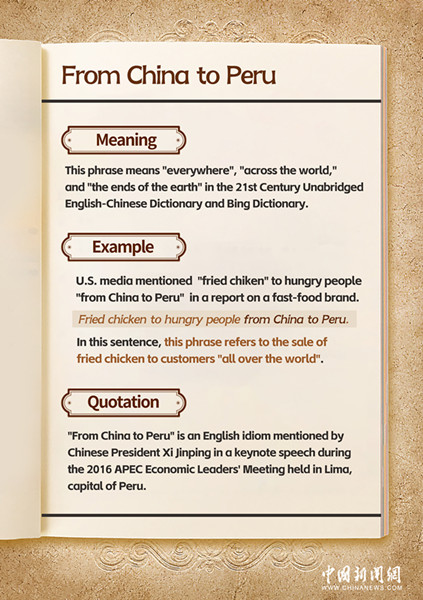
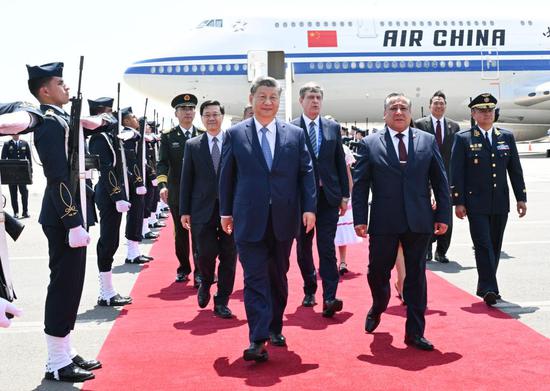

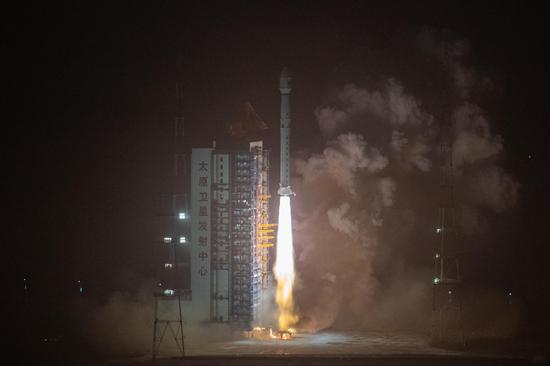
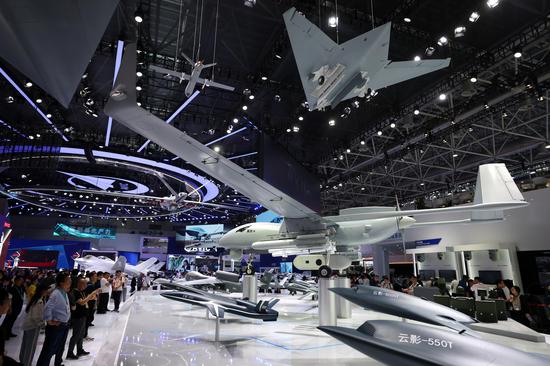

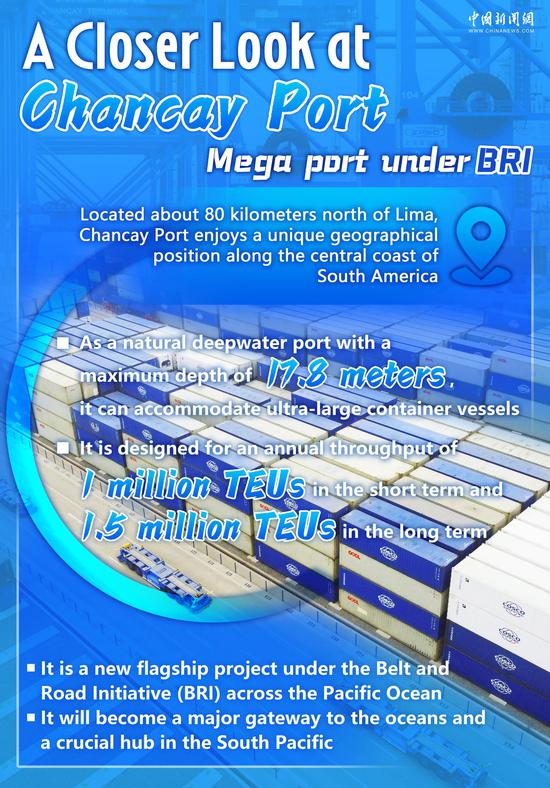

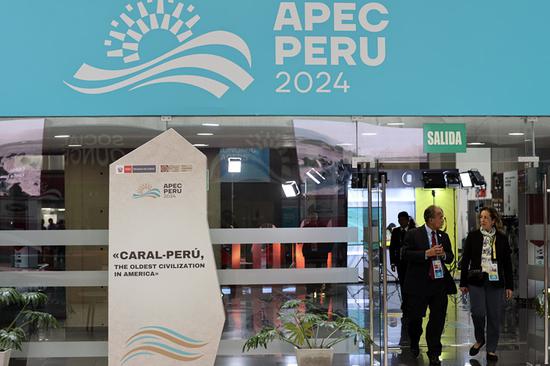



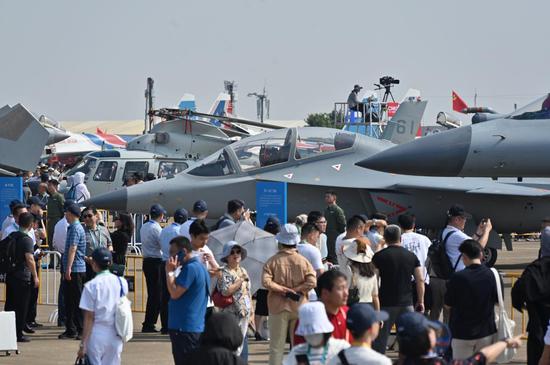


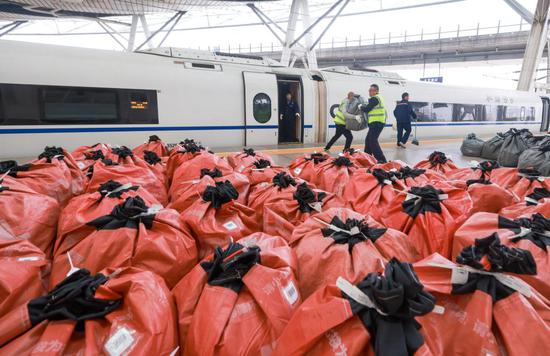



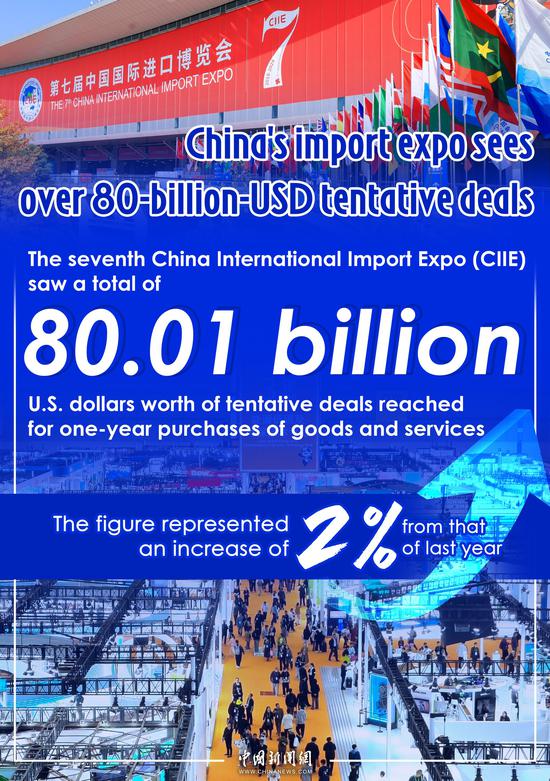
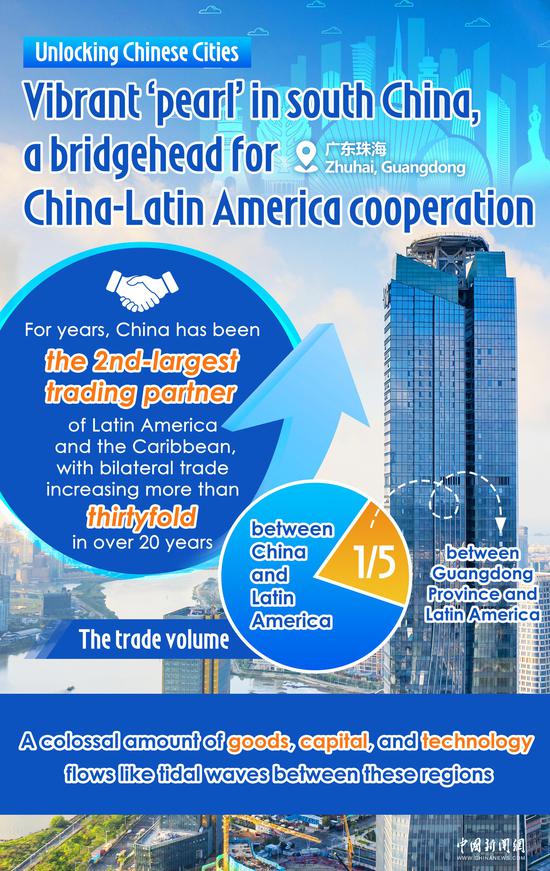
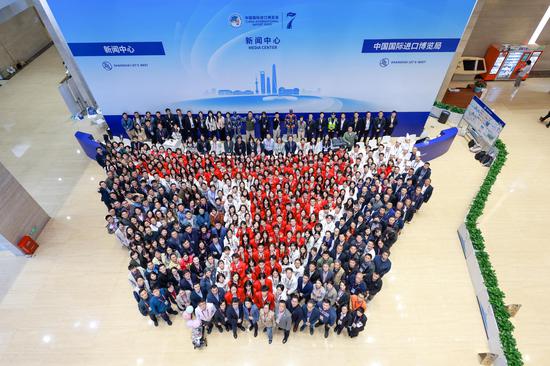
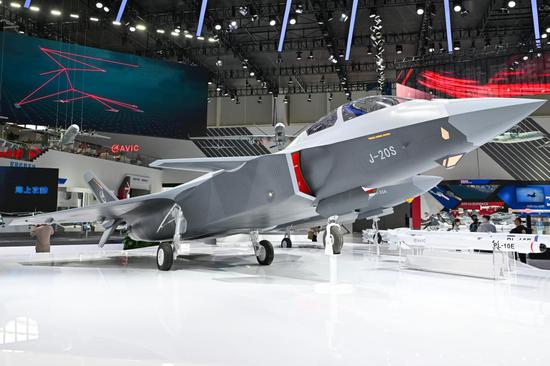


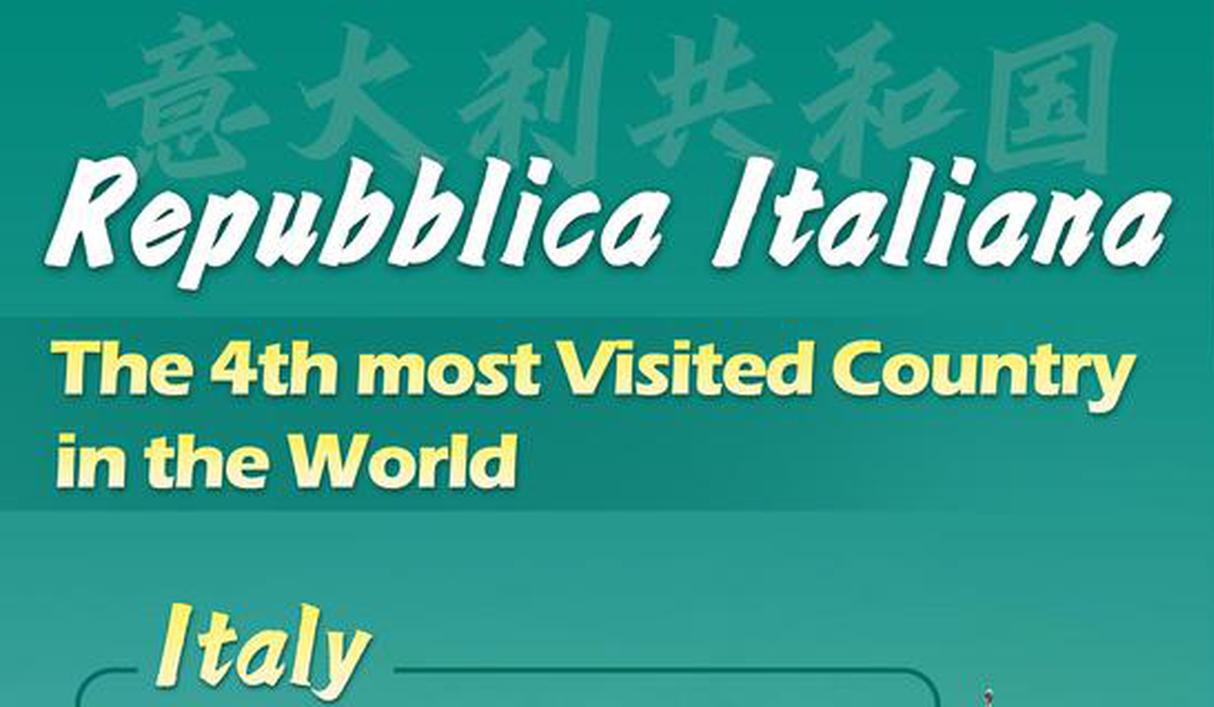

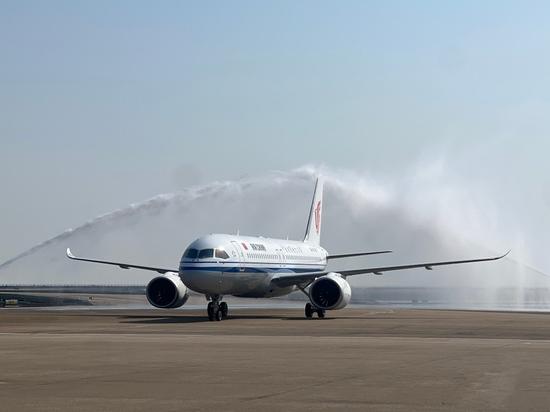

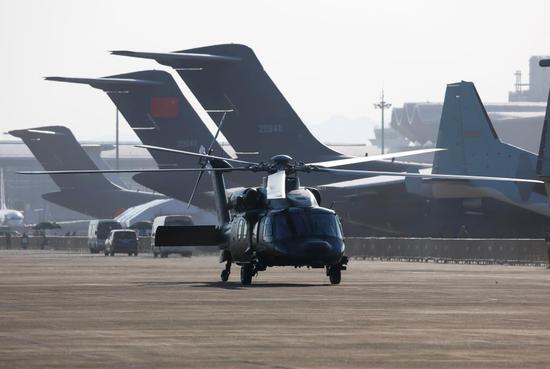



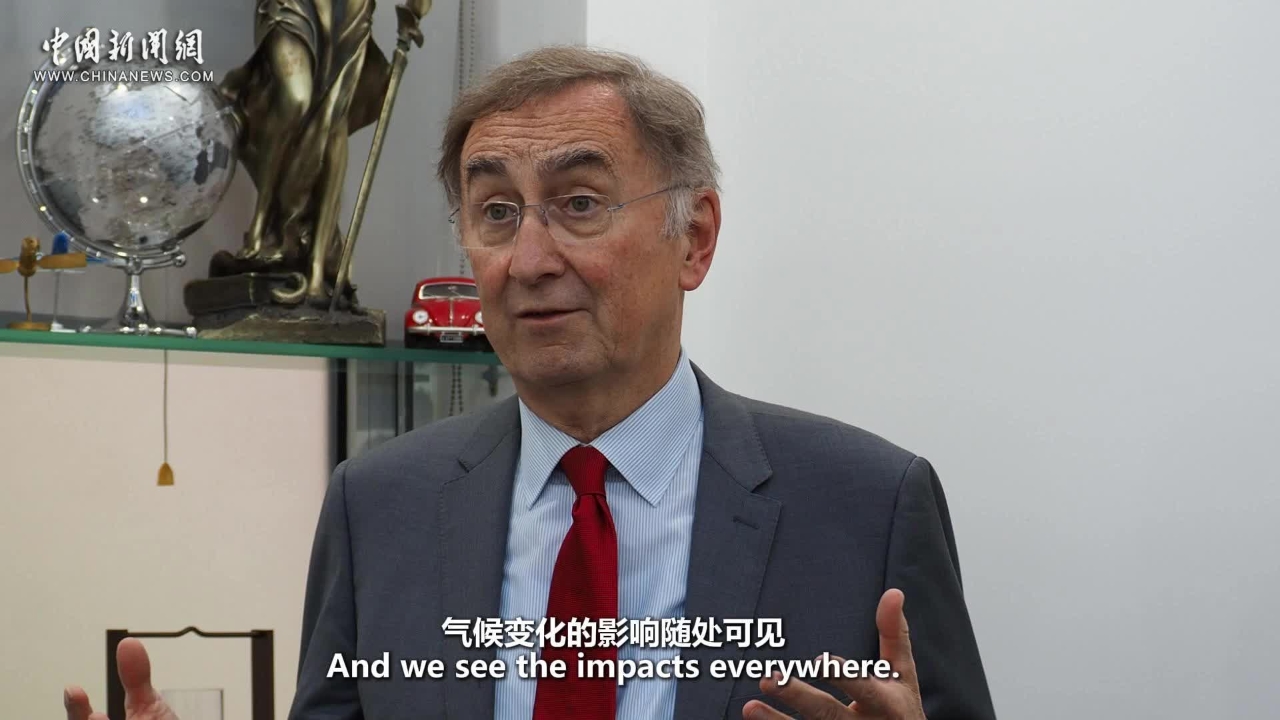

 京公網安備 11010202009201號
京公網安備 11010202009201號